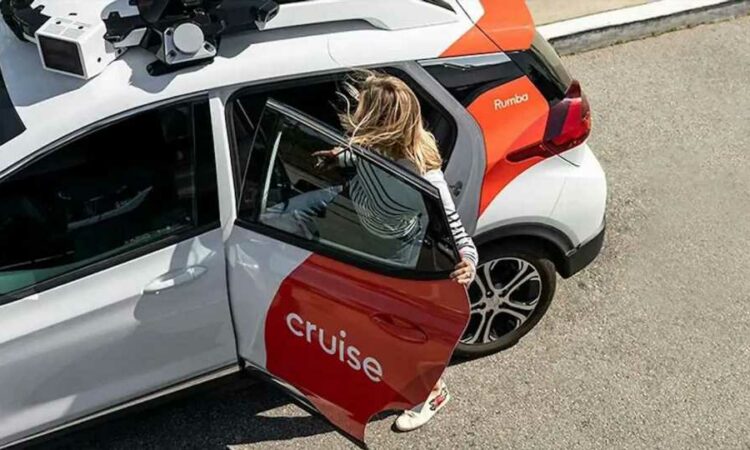Who gets the traffic ticket in a driverless vehicle if it breaks the law? No one, if you’re letting the computer take the wheel in California. According to a new report, law enforcement officers in the state can only issue citations for vehicles with actual drivers.
NBC Bay Area obtained an internal memo from San Francisco Police Chief Bill Scott that said officers could not issue citations for vehicles in a driverless mode for any moving violations. However, they are not entirely immune from the rules of the road, as self-driving vehicles are still susceptible to receiving parking tickets.
The current law in California doesn’t consider these new technologies, creating an odd legal gap between self-driving cars and real drivers, but it’s not powerless. The state suspended General Motors’ Cruise robotaxis from operating late last month, citing safety concerns, and other states have taken proactive steps with the technology.
Texas updated its laws in 2017, classifying the owner of a driverless car as its operator, who law enforcement officers can cite for breaking traffic laws even if they’re not in the vehicle. It could serve as a new legal framework for other states.
Driverless cars and driver assistance technologies raise new legal questions about who is responsible for the vehicle when a computer is in control. This year, Tesla has won two court cases regarding vehicles that crashed while using Autopilot, citing human error in the most recent suit. However, a ruling in Florida found Tesla knew its Autopilot advanced driver assistance system was defective.
Automakers, companies, and consumers will likely have to navigate a patchwork of court rulings and new laws as society attempts to integrate these new technologies into daily life. The legislative process is often slow in America, leaving legal loopholes large enough for driverless cars to speed through without consequence.
Source: Read Full Article
